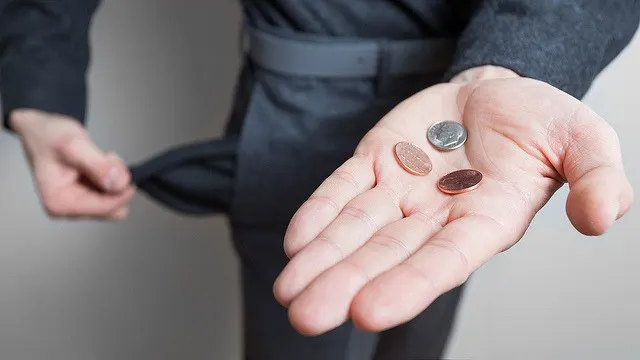
If you’re struggling to keep up with your debt payments, you’re not alone. Millions of Americans are in the same boat. The good news is you can take steps to get out of debt and take back control of your life. Keep reading to learn how to manage your debt and regain control of your life.
How can Citizens Debt Relief help you manage your debt?
Citizens Debt Relief is a not-for-profit organization that helps individuals and families manage their debt and regain control of their lives. They offer free credit counseling, budgeting advice, and other resources to help people get out of debt and stay out of debt. Citizens Debt Relief also educates consumers about the dangers of high debt levels and offers solutions for reducing or eliminating debt.
Debt can seriously impact your life, both financially and emotionally. It can be hard to get ahead when you’re constantly struggling to keep up with your payments, and it can be challenging to enjoy life when you’re constantly worrying about how you will make ends meet. If you’re struggling with debt, Citizens Debt Relief can help. They offer free credit counseling and budgeting advice, as well as other resources, to help you get out of debt and stay out of debt. They also educate consumers about the dangers of high debt levels and offer solutions for reducing or eliminating debt. Their services include:
- Debt consolidation
- Debt management
- Debt settlement
- Credit counseling
Because everyone’s financial situation is different, they offer various services to help you find the right solution for your needs. They’ll work with you to create a plan that fits your budget and lets you eliminate your debt.
What are the different types of bankruptcy protection?
There are two types of bankruptcy protection: Chapter 7 and Chapter 13.
Chapter 7 is a type of bankruptcy that provides complete debt relief and wipes out most or all of your debts. People with little or no income and few assets typically use this type of bankruptcy. To qualify for Chapter 7, you must pass a means test, which compares your income to the median income in your state. If you fail the means test, you may still be able to file for Chapter 7 if your debts are primarily consumer debts (e.g., credit card debts, medical bills, etc.).
Chapter 13 is a type of bankruptcy that allows you to keep most of your property while repaying your debts over time. It’s typically used by people who have regular income but find it challenging to make all their payments each month. To qualify for Chapter 13, your unsecured debts and your secured debts cannot exceed a certain amount. Both Chapter 7 and Chapter 13 bankruptcies can stay on your credit report for up to 10 years.
After bankruptcy protection is granted, the court will appoint a trustee to take control of your estate. This trustee will review your assets and debts and develop a plan to repay your creditors. In most cases, you will be required to make monthly payments to the trustee, who will then distribute the money to your creditors. The length of time you must make these payments depends on the type of bankruptcy filed and the amount of debt you owe.
How can bankruptcy help you get out of debt?
Bankruptcy is a legal process that can help you get out of debt. When you file for bankruptcy, the court will order your creditors to stop harassing you and freeze any legal actions against you. The court may also discharge some or all of your debts. This means that you will no longer have to pay them back. Bankruptcy can provide a fresh start for people who are struggling with debt. It can allow you to reorganize your finances and start over again. However, bankruptcy should be used as a last resort because it can have negative consequences, such as damage to your credit score and increased interest rates on future loans.
No one wants to feel bogged down by debt, and with the right tools and strategies in place, you can get your finances under control and even start to get ahead. With a bit of hard work and perseverance, you can get your money worries under control and begin to enjoy life again.
- Sagittarius Man & Gemini Woman Love and Sex Compatibility - January 31, 2024
- Taurus Ascendant Rising Personality Traits in Men (Guide) - January 31, 2024
- How to Seduce and Attract a Sagittarius Man (Seduction Tips) - January 31, 2024
